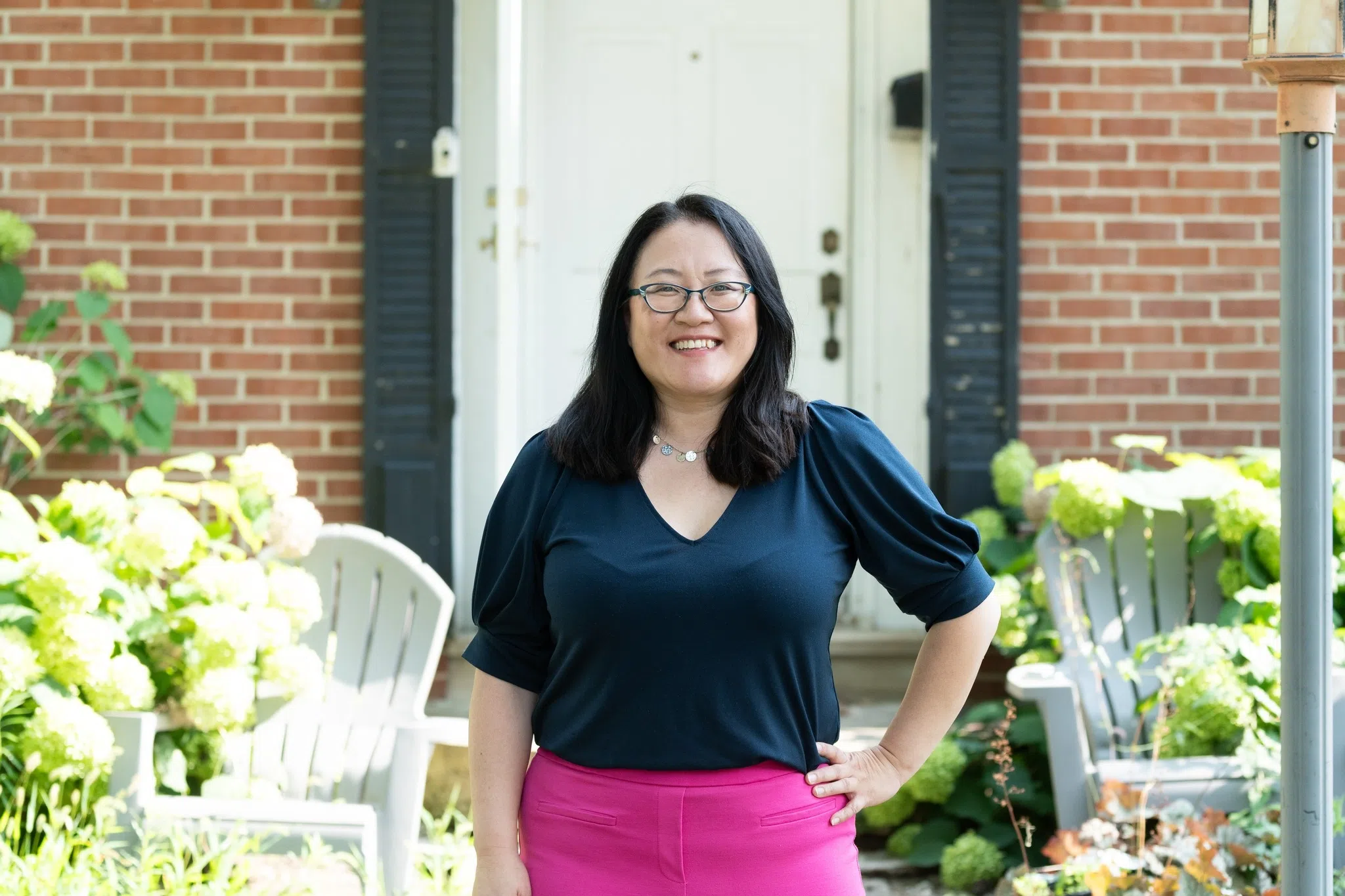PEORIA, Ill. (WMBD) — Bloomington Normal’s state Representative said she would not support a statewide tax to save Chicago transit, which is facing a fiscal cliff by January 2026.
“We would be actually then paying for transit up in Chicago, and that’s something I’ve been very opposed to from the beginning,” said state Rep. Sharon Chung. “I will continue to fight against any sort of tax that will disproportionately affect us down here.”
In the last moments of the Spring session, the Senate passed a bill to fund Chicago transit through a flat $1.50 tax on all non-grocery or medication deliveries statewide.
For every $1.50, Downstate transit would get $0.30 while Chicago and Suburban transit would receive $1.20. This proposal was dead on arrival in the House according to House Speaker Chris Welch.
But Chicago transit still needs the money, or thousands could lose their jobs. Chung said she could potentially support a different fiscal plan, it if meant downstate got more of the pie.
“While we will get some money for downstate transit, when you think about it as a whole, it’s such a small piece of the pie when it comes to overall public transportation,” she said. “So, we down here in Central Illinois should not be paying taxes in terms of delivery taxes.”
She also says she would support a plan that would only requiring funding from Chicago and the surrounding area, leaving downstate out of new taxes.
Outside of Chicago issues, Chung led a bill in the Illinois House to allow the Twin Cities to use treated wastewater as a coolant for data centers.
That bill was recently signed into law by the Governor.
“We worked with the Bloomington-Normal Water Reclamation District to sponsor this bill,” she said. “This really great idea where we use our treated wastewater, which is not really used for drinking, but we can use this water to help with cooling with these data centers.”
Veto session is coming up, as lawmakers will return to Springfield to pass clean up legislation. On the potential agenda includes funding the Chicago transit fiscal cliff, funding the Chicago Public Schools fiscal cliff and energy reform.
Chung said when she talks with constituents, she hears that housing and childcare are too expensive.
“We also have a sort of a housing crisis in Central Illinois where we have a lot of people who want to come and live and work. But there might not be enough housing,” she said. “Also, the prices are kind of high and out of reach for a lot of people.”
“The other issue, as people are trying to put down their roots in Central Illinois, they want to have families, and childcare costs are also really high. Those are the two issues that seem to be on a lot of people’s minds.”
State lawmakers will return to Springfield for veto session on Oct. 14.
WMBD TV can be reached at News@WJBC.com.





